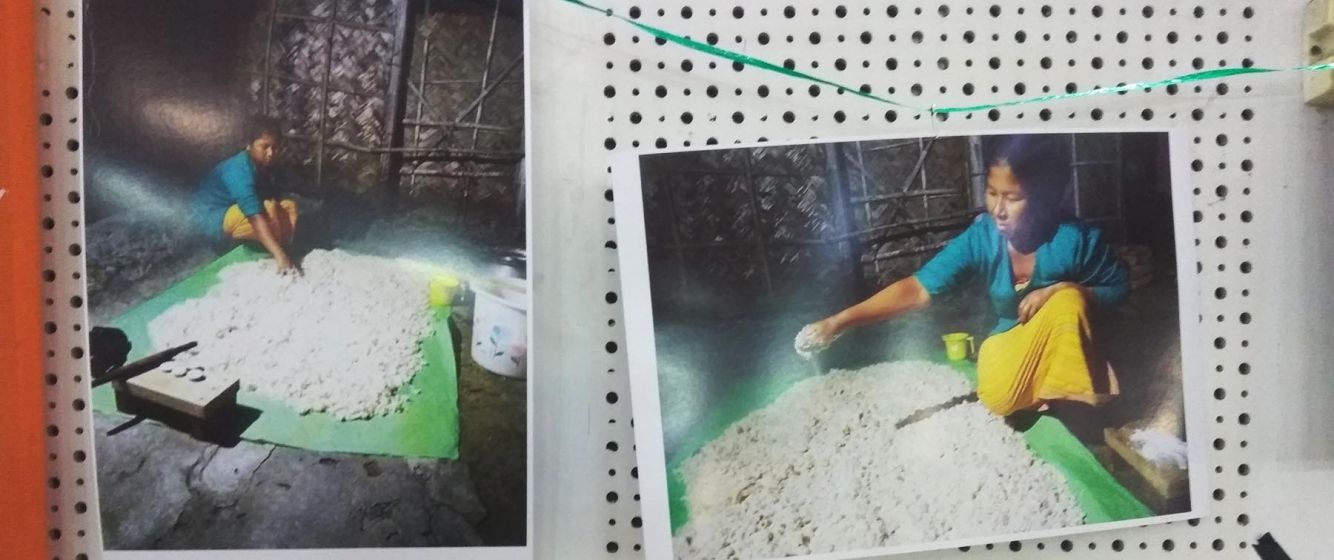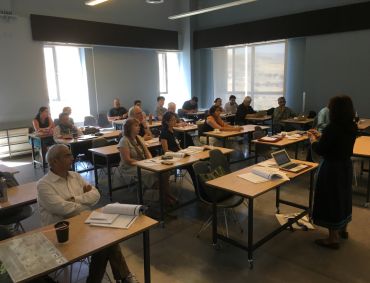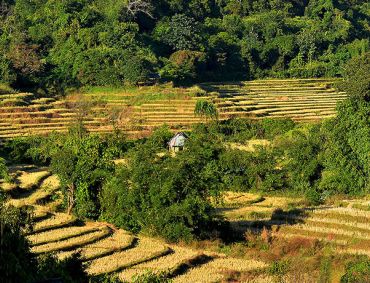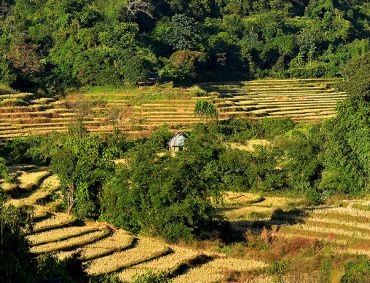
Rice: An Inter Community Dialogue
Through the lens of practice and nature, rice becomes an entry point for engagement in dialogue across communities in Asia and Africa. Rooted in the local understanding of the practice/s around rice, the project is to highlight the multi-dimensional aspects of rice that transcend many boundaries.
Rice is the prime staple of Asia and is equally popular across the continent of Africa. When we say rice the resonance of it with our lived experiences become alive – sometimes even taking us to the green and golden paddy fields, with hills and flowing streams in and around, reminding of a life distinctly identifiable with nature. From food to being a cultural symbol, metaphor, manifestations of community identity and family asset with exchange value, rice has come a long way, charting a path for itself.
The project rice is grounded on the local practice of rice cultivation and the associated activities to highlight the socially, culturally and politically embedded meanings of it. The multi-dimensional aspects of rice as an essential resource and commodity, underscores the relevance of thinking with rice. As an object it transcends many boundaries, making its presence felt locally and globally, defining and redefining its relationship with communities engaged with it. But it is also a crop that has come under immense pressure in contemporary times with the change in agricultural landscape and rapid urbanization processes inducing lifestyle change. With the development of science and technology influencing agricultural practices, coupled with the phenomena of globalization, the ‘embedded knowledge’ in rice as epistemic cultures has gained new meanings and significance. That is where rice as a site of knowledge becomes central to the people who articulate their location in relation to the contexts in which they exist.
This project intends to move away from the theoretical academization of knowledge to accepting a humanistic approach of allowing ownership of knowledge to the community. This will allow to understand the way social and cultural spaces are constructed by communities based on the sets of knowledge they produce that are crucial to function and sustain as a society.
Focus of the Project
One of the key questions of the project is: How does rice facilitate inter-community dialogue? It is a thought provoking question and forces one to rethink the way we understand inter-community interactions. Within the rice communities what type of interactions take place? It is possible to understand the demarcation of social and cultural boundaries through these interactions, when seen from the hills and valleys. The project focus in the first phase would be India’s northeast, northern Thailand, Myanmar and West Africa (Senegal).
Methodology
Field based workshop, with communities as the main participants, in identified places/regions will be the method used in this project.


